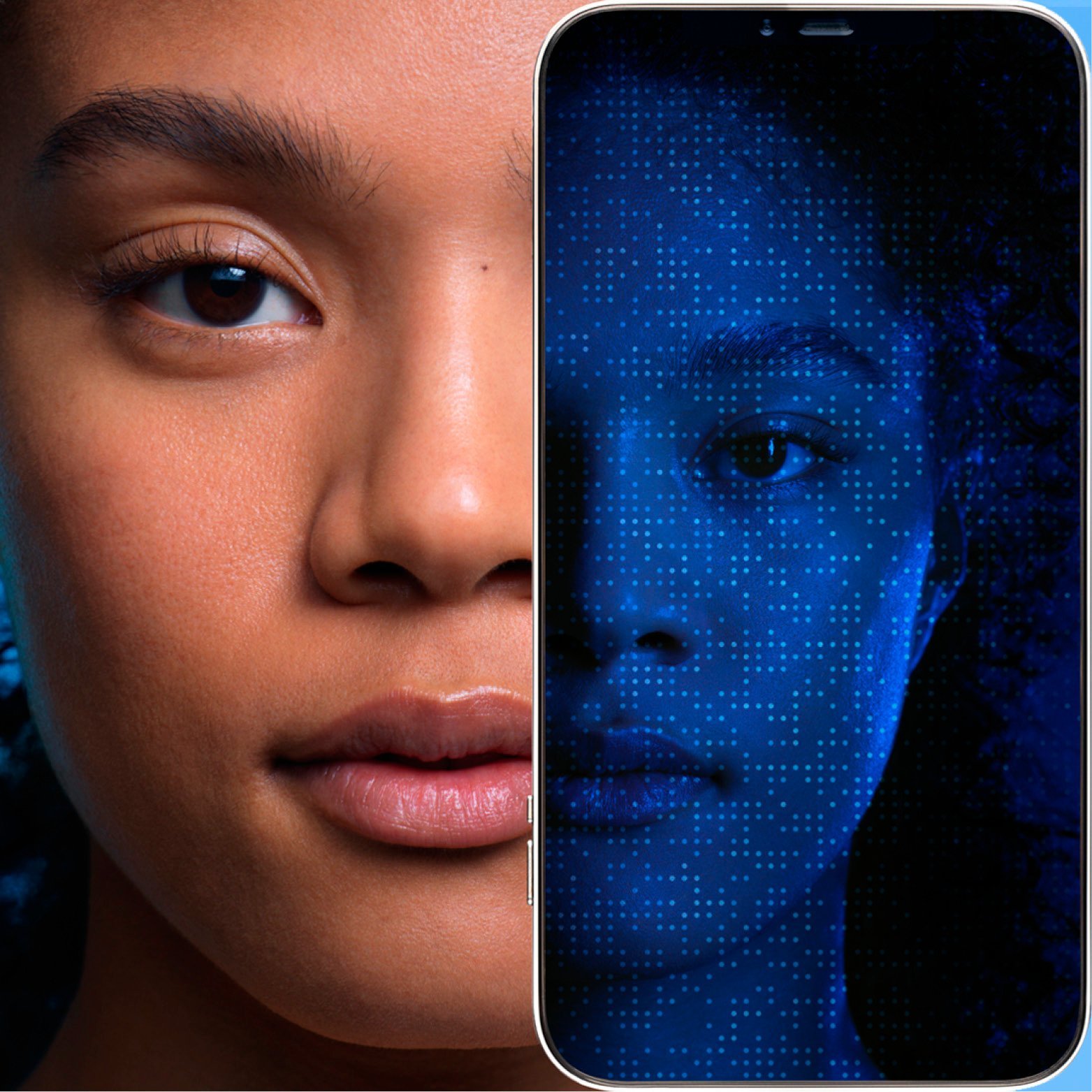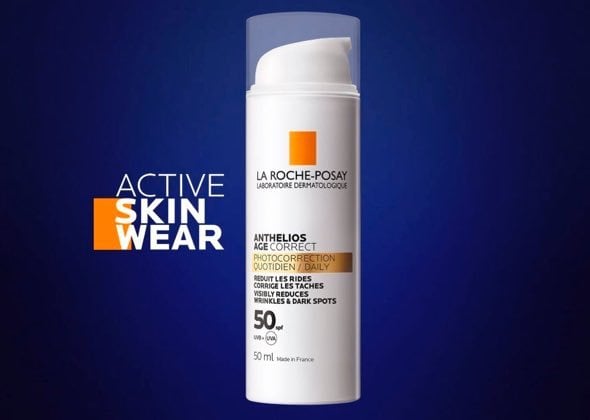HOW A GOOD NIGHT’S SLEEP
CAN HELP GET RID OF ACNE
‘Beauty sleep’ is definitely not a myth
Going to work, the gym, socialising, squeezing in some cooking and quality family time… there really aren’t enough hours in the day! With so much to cram in, many of us find our days start earlier and finish later. But could fewer late nights help improve our skin, prevent and get rid of acne?
LACK OF SLEEP CAN INCREASE STRESS HORMONES
AND INFLAMMATION
Not enough sleep, or interrupted sleep, can lead to an increase in stress hormones.
If you’re having a stressful night’s sleep, your body will produce more glucocorticoids.
Glucocorticoids are steroid hormones that impair the work of the immune system.
Overproduction of glucocorticoids may cause abnormalities in skin structure and function that lead to outbreaks of blemishes, increased sensitivity, and a worsening of inflammatory skin conditions like acne and psoriasis.
Sleep is time for your whole body to regenerate – and this includes skin. When you increase sleeping time, you’re effectively enhancing your body’s natural ability to perform its healing functions such as acne removal.
HOW TO MAKE SLEEP PART OF
YOUR ACNE-PRONE SKIN IMPROVEMENT REGIME
5 steps to a restful night
If the key to beautiful, blemish-free skin is a great night’s sleep, just how do you go about getting that crucial shut-eye?
1. Eat earlier
Make sure you don’t eat a large meal close to the time you go to bed. A heavy meal followed by no activity makes it difficult for your body to process food and can cause digestive problems and interrupted sleep. Your last meal of the day should be at least two hours before bed.
2. No screens before bed
Research1 shows that blue light from cellphones, computers, and TV screens interferes with the circadian rhythm, or “body clock”, and leads to disturbed sleep. Added to that watching a movie, having a discussion on social media, or replying to emails all keep your brain alert when it really needs time to unwind. So, switch off your screens an hour before bed and do something more relaxing before you call it a night.
3. Allow your acne treatment to work overnight
Give your skin some pampering before bed. Cleanse your skin thoroughly with an acne-prone skin face wash and pore cleaner then pat on a specialist moisturiser. Use a deep-cleansing acne mask once or twice a week. Sleep time is the best time for some acne treatments to take effect. Apply your acne lotion after cleansing and moisturising for overnight miracle.
Retinol is an increasingly popular ingredient in the care for blemish-prone skin. It works by renewing skin cells and tightening pores. Night time application is recommended because cell renewal is at its strongest whilst you sleep. The new skin formed is delicate and vulnerable to the sun, so do remember to apply daily SPF when using retinol products.
4. Change your pillowcases regularly
Pillowcases – just like makeup brushes, wash cloths, and towels – can harbour a build-up of dirt, oil, and microbes. These are transferred onto your skin and can be responsible for clogged pores and new outbreaks. Be sure to cleanse your skin before going to bed and change pillowcases at least twice a week if you suffer from blemish-prone skin.
5. Increase the length of your sleep
Most studies suggest that somewhere between seven and nine hours is an appropriate length of time to sleep. What time do you need to get up in order to have a proper breakfast, dress, and travel to work? Calculate backwards from there to figure out what time you need to fall asleep, and then add another 30 minutes dropping-off time. So, if you need to wake up at 7AM, be in bed by 10.30PM.
GREAT PRODUCTS FOR YOUR BED TIME ACNE-PRONE SKIN SKINCARE REGIME
To help get rid of acne, a nightly cleansing routine is highly recommended. La Roche-Posay Laboratory takes pride in its creation of products specially formulated for the treatment of oily and blemish-prone skin.
- EFFACLAR Cleansing Foaming Cream [EFFACLAR CLEANSING FOAMING GEL] lathers into a rich, creamy foam that rinses off easily. This cleanser is enriched with salicylic acid to control sebum, for purified skin.
- EFFACLAR Lotion is a micro-exfoliating astringent lotion with LHA to regulate sebum and tighten pores, for finer, more even skin texture.
- EFFACLAR Sebo-Controlling Mask is deep-cleansing to help unblock pores, absorb impurities, and control sebum. Apply once or twice a week after cleansing.
- EFFACLAR K (+) is an antioxidant, hydrating moisturiser that works to regulate sebum, control shine, and unclog pores making it an ideal adult acne treatment.
- EFFACLAR Duo (+) is a comprehensive teen acne treatment with unclogging, antibacterial and sebum regulating active ingredients.
Discover more La Roche-Posay products to care for your blemish-prone skin.
Discover medical treatments for acne removal HERE.
Wondering how to get rid of and prevent acne? Click HERE for everything you need to know.








